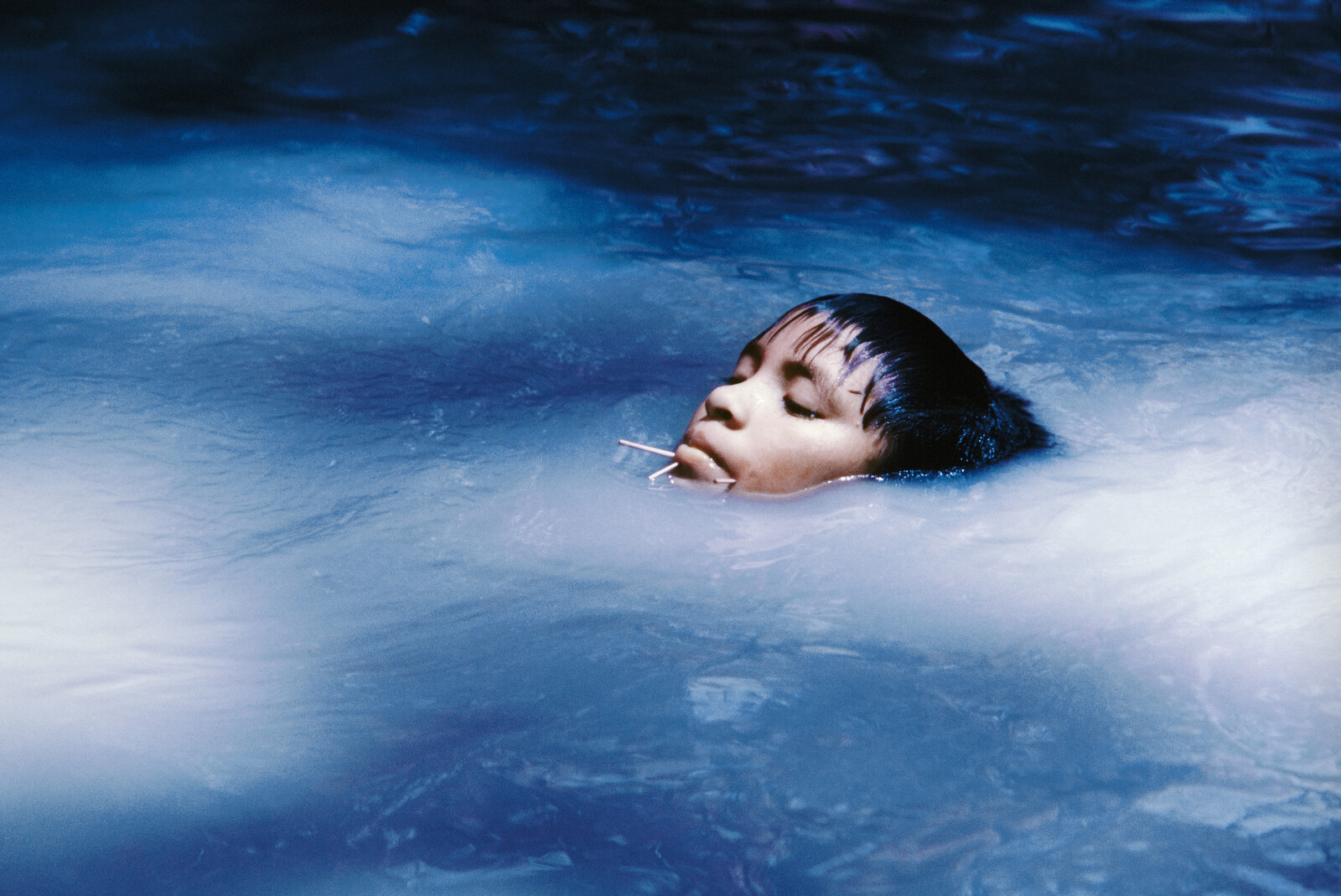February 26–May 23, 2021
Avenida del Litoral 30
08005 Barcelona
Spain
T +34 932 71 31 80
infokbr@fundacionmapfre.org
Curator: Thyago Nogueira, Instituto Moreira Salles, Brazil
Exhibition organized by Instituto Moreira Salles in collaboration with Fundación MAPFRE, and supported by Hutukara Associação Yanomami and Instituto Socioambiental, Brazil.
KBr Fundación MAPFRE presents Claudia Andujar the first major retrospective dedicated to the work of the Brazilian artist to travel Europe. Andujar began her photo-journalistic path moved by her interest in human vulnerability. A large portion of her work has focused on the defense and protection of the rights of the Yanomami community, one of the largest indigenous groups in Brazil.
Born in Switzerland in 1931 and raised in Transylvania in a family of Jewish and Protestant heritage. A survivor of the Holocaust, Andujar arrived in Brazil in 1955, where she began a career as a photojournalist.
In 1971, while working on an article about the Amazon Rainforest for Realidade magazine, Andujar met the Yanomami. Amazed by the community’s isolated culture, the artist traveled to the Catrimani River region, near the border between Brazil and Venezuela, where she wanted to become more deeply involved with her photographic work. Around this time, the Brazilian military dictatorship deployed a program to exploit the Amazon region, bringing about the social dismantling of the Yanomami community, as well as the spread of numerous diseases. In the 1980s, Andujar progressively moved away from her art to organize campaigns, protests, health programs, and travel the world with Yanomami leader Davi Kopenawa to force Brazilian government to protect his people.
Frequently depicting their ancestral customs, Claudia Andujar’s images are used in the service of the struggle to defend Yanomami cultural and territorial rights. As the artist remarks: “I am linked to the Indian, to the land, to the fundamental struggle. All of this moves me deeply. Everything seems essential. […] Perhaps I have always sought the answer to the meaning of life in that essentiality. And I was taken there, in the Amazon jungle, because of that. It was instinctive. In search of myself.”
From 1993, the year after the Government finally recognized the delimitation of Yanomami territory (due to national and international pressure), Andujar slowly retired from the political scene; recurring exclusively to art in a continued effort to grant visibility to the Yanomami cause.
Today, a renewed invasion of gold miners and the arrival of Covid-19 pose a new threat to the community. This show is also an urgent call to avoid repeating this history of death. As mentioned by the curator in the catalog published for the occasion: “The presence of this exhibition in the European continent grants us the opportunity to reflect upon the lasting effects of sectarian wars and the history of colonialism […] it also forces us to acknowledge the progressive fragility of our existence, worsened by the destruction we cause when we impose our way of life on others”.
Based on four years of in-depth research in the artist’s archives, the exhibition includes a careful selection of photographs, drawings, and documents, many of which are shown here for the first time. The show originally conceived by Instituto Moreira Salles in Brazil is now on display at KBr Fundación MAPFRE the new photography center in Barcelona as part of its international tour.
The photographs cannot be bled, cropped, guttered, overprinted or altered in any way, whether it be color proportion or form. It is also not allowed to write, superimpose or add any text on the images. The reproduction of the photographs must be accompanied by the pertinent copyright and courtesy lines.
The reproduction of images in on-line publications and media is allowed only for exhibition publicity and dissemination where the resolution of the reproduction is a maximum 72 dpi/204 pixels in a non-downloadable format.



